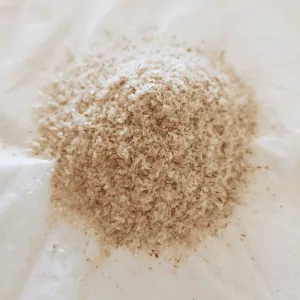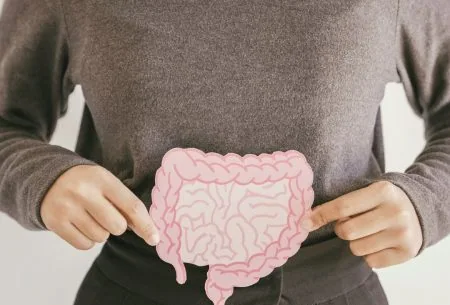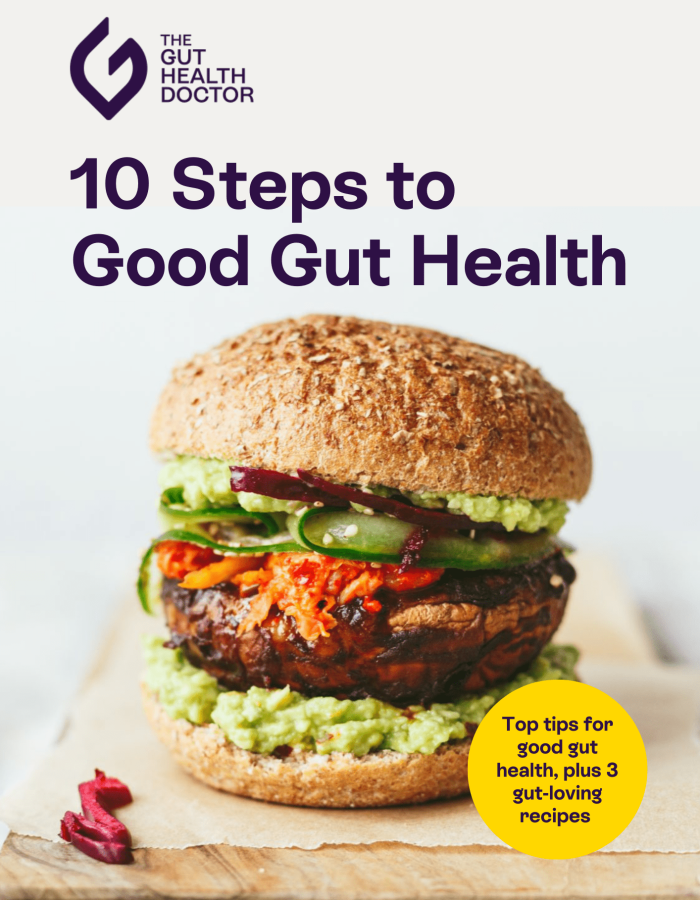Do you struggle to know which supplements are science-backed or not? Although not an exhaustive list, it’s time to cut through the noise and provide you with some clarity on common supplement mistakes.
Following on from my post where I spoke on This Morning about why more is not always better when it comes to supplements, I have been inundated with questions. To help support you, I wanted to tackle some of the common mistakes and things to be aware of so that you can make the most of the science.
There are more supplements out there than ever, particularly for gut health. While it’s great to see how people have latched onto the power of the gut, it’s disappointing to see so many companies and high-profile names jump on this bandwagon to sell misleading solutions that are not backed up by evidence. My goal is not only to help people feel more informed and empowered about their choices but also to assist them in reaching their health goals without wasting money or doing more harm than good.
The truth is that feeling, and looking, your best does not need to be complex or expensive! And, when you do need that extra support or personalised guidance, then it is best to work with a healthcare professional or a registered dietitian to give you informed advice based on your individual needs (they’ll probably save you money too on unnecessary supplements and invalid tests). Much like you wouldn’t go to a personal stylist for dental advice, be cautious about who is providing you with nutritional science advice.
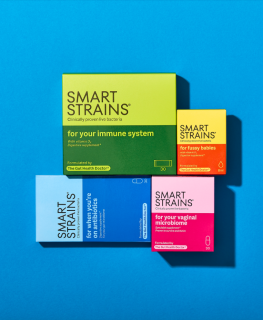


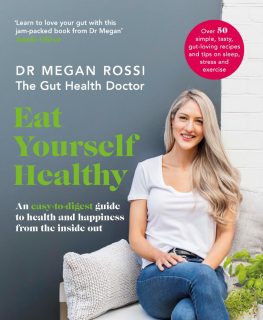



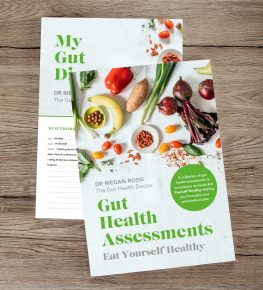

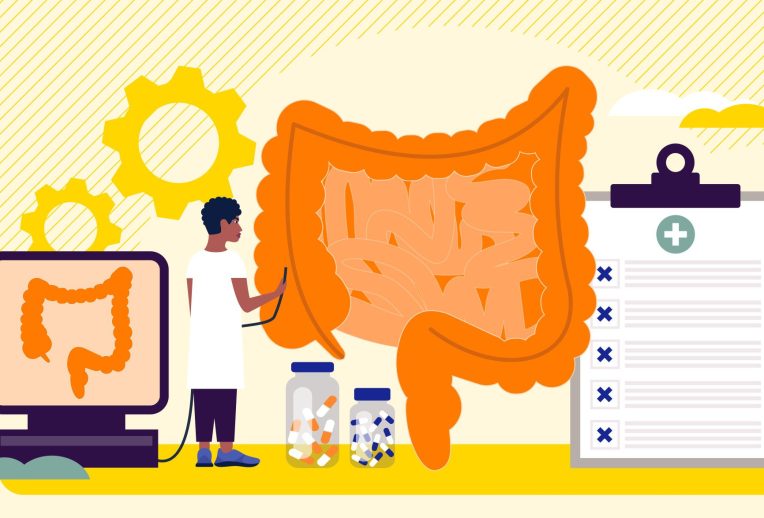
 1. Probiotics
1. Probiotics 2. Vitamin D
2. Vitamin D 3. Omega 3
3. Omega 3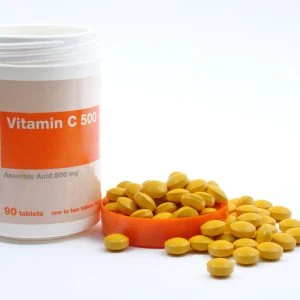 4. Vitamin C
4. Vitamin C 5. Iron
5. Iron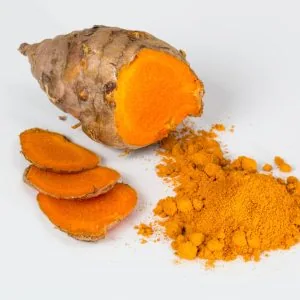 6. Turmeric
6. Turmeric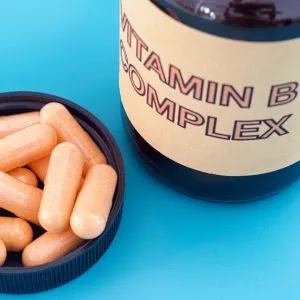 7. B Vitamin Complex
7. B Vitamin Complex 8. Babies and kids
8. Babies and kids